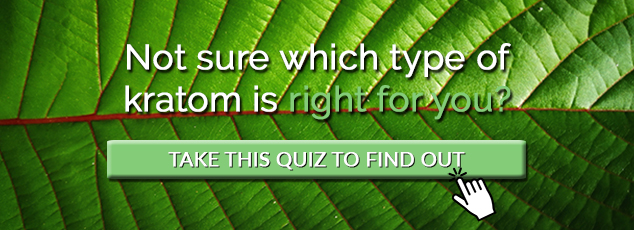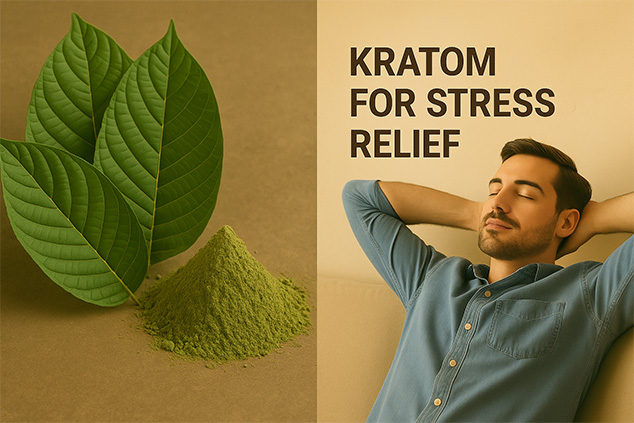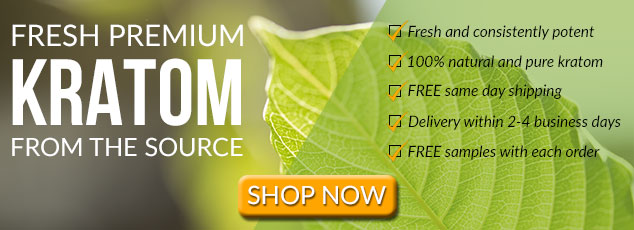We live in a very demanding and fast-paced world. You’ve likely found yourself in situations when you’ve had piles of paperwork to deal with and deadlines to meet. All while dealing with family problems or other personal issues. Or something along the lines.
The word you probably use to describe how you feel in such situations is likely “stressed”.
What Is Stress?
Nowadays stress is often viewed as bad. But it’s not necessarily always like that.
In actuality, stress is your body’s natural response to perceived threats. When you feel that you are in danger, your body goes into a “fight or flight” mode. Your heart starts beating faster, your breathing speeds up, and you’re ready for action.
Stress has helped our ancestors to survive throughout the centuries. It allowed them to escape immediate dangers such as saber-tooth tigers.
In today’s world, we still need stress to keep us alert, motivated, and ready to act in case of danger. It can save us from things like cars ignoring pedestrian crossings. Or if someone is about to attack us.
However, the “fight or flight” response also triggers during situations that aren’t life-threatening. Such as tensions at work, being late, missing or bus, and similar.
The Dangers of Stress
Do you feel fidgety or restless when you are feeling stressed? Can’t stop eating or have brain fog?
There’s a reason for that. When your body experiences stress, your blood directs to the muscles to make sure you’re ready to do what’s necessary to save your life. This causes body parts like your brain and bodily functions like your digestion to get less blood.
It’s OK in situations that endanger your life because you normally should revert to a stress-free state.
Yet, nowadays, we experience stress more frequently. Sometimes even all the time. This is called acute or chronic stress.
As a result, being exposed to long-term stress can result in a myriad of negative or even life-threatening consequences. These include:
- headaches,
- sleep issues,
- depression,
- anxiety,
- digestive problems,
- skin issues,
- weight loss or weight gain,
- inability to control emotions,
- strained or damaged relationships,
- high blood pressure,
- higher risk or heart attack and heart disease,
- increased risk of developing cancer and different types of chronic disease,
- greater risk of lung and liver disease,
- faster aging,
…and many more.

Common Treatment for Stress
The most frequent ways of treatment for stress include therapy and medication, such as sleeping pills, tranquilizers, and antidepressants. Some will also require additional medicine for any health issues caused by stress.
Alternative ways of treatment include yoga and meditation, ecotherapy (different outdoor activities), aromatherapy, acupuncture, and massage.
How Can Kratom Help with Stress?
If you look at the most common ways of treating stress, they are mainly non-drug related therapies. Talking therapy, mindfulness and relaxation practices. That’s because the first step towards managing stress is being able to control your mind. More specifically – your thoughts.
Stress in the nowadays circumstances is frequently caused or amplified by negative thoughts. We worry about different things that could or will happen.
That can cause our minds to focus on negative thoughts. When continuously required to do the same action, our brains rewire themselves to automatically do it.
Therefore, if you frequently think negative thoughts, your brain is likely to rewire itself to automatically respond negatively.
This makes it exponentially much harder to change the habit.
People who suffer from stress also tend to experience health issues that may need treatment.
And stress may also trigger depression. That can make it even harder to make the changes necessary to deal with stress.
There are a few reasons why you may want to look into kratom for stress relief.
Kratom Can Relieve Physical Pain
Kratom for stress relief would be impossible without mitragynine. One of the most potent kratom alkaloids, it can activate the central nervous system’s mu-opioid receptors (MOR). That is also what the painkiller morphine binds with.
As a result, kratom can reduce pain and promote euphoric effects.
Kratom can provide pain relief in a wide range of conditions. Examples include migraines, muscle pain, or even chronic pain.
Kratom Can Boost Energy and Concentration
Stress can drastically affect one’s performance at work and other tasks. Since stress affects the sleep and causes the blood flow to leave the brain, it can lead to brain fog.
Kratom acts as a stimulant. It provides extra energy and motivation for work, studies, and other activities.
Kratom Can Improve the Quality of Sleep
Certain strains, as well as higher doses of kratom, can help with sleep-related issues. It puts your mind in a more restful state and makes it easier to fall and stay asleep.
As a result, you’ll feel more rested in the morning and have more energy. You’ll also have an easier time dealing with stressful situations.
Kratom Can Improve the Mood and Help Deal with Negative Thoughts
If you are continuously exposed to stress, your serotonin and dopamine levels will drop. Serotonin promotes feelings of happiness and well-being. And dopamine is necessary for motivation and the feeling of pleasure.
Kratom alkaloids have the capacity to attach to opium receptors. As a result, your brain will start releasing serotonin and dopamine. Both are needed for you to feel more cheerful and have more positive thoughts.

Best Kratom for Stress
Generally, red strains will be the most suitable to deal with stress. However, if you feel particularly low on energy, you can try the green or yellow strains, as well.
The effects of kratom can vary from person to person, therefore, you may want to try a few varieties to see what delivers the best kratom stress relief for you.
Red Vein Kratom for Stress Relief
Red vein is chosen by many as best kratom for stress. It has high levels of 7-hydroxymitragynine, yet low levels of mitragynine. That makes it perfect for pain, stress, and anxiety relief. It can also help improve the mood and manage negative thoughts.
7-hydroxymitragynine’s pain-relieving properties can be useful if you are experiencing pain or suffer from health conditions in addition to stress.
Red vein strains come in two varieties:
- more sedating ones such as Red Bali, and
- more energizing ones such as Red Borneo, Red Thai, Red Maeng Da, Red Indo, Red Sumatra, and Red Horn.
Red Bali is the most popular and widely available kratom strain. But some users report feeling too drowsy after using it. If that’s your case, it may be best to use it in the evening before you go to sleep.
In the morning or throughout the day, try the more energizing strains instead. Especially if you feel like you need a bit of an energy boost.
Green Vein Kratom for Stress Relief
You’ve experimented with the red strains and feel like you aren’t getting enough energy boost. Or you are feeling particularly sluggish and demotivated and need an extra kick in addition to kratom for stress relief.
For situations and days like this, green vein kratom may be a better fit. A number of users report feeling more positive and energized after using it.
If red vein kratom has strong pain-relieving properties and mild stimulating effects, green vein is more balanced. Its analgesic properties are milder but stimulating properties stronger. Yet both are at an approximately same intensity.
Some green strains that you can try are Green Malay, Green Bali, Green Maeng Da.
Since the green strains are more energizing, it’s best to take them in the morning or during the first half of the day.
Yellow Vein Kratom for Stress Relief
We can’t talk about kratom for stress relief without mentioning yellow vein. If you haven’t found the best kratom for stress, give it a try.
A newcomer to the market, it can be a good alternative or addition to the green. It provides pain relief, stimulation, as well as improves the mood.
Because of its stimulating properties, it’s best used at the start of the day.
Some yellow strains for stress relief that you can try are Yellow Bali, Yellow Borneo, Yellow Sumatra, Yellow Thai, Yellow Indo, and Yellow Vietnam.
What’s your experience with kratom for stress relief? Which strains work best for you? How do they make you feel? Are there any strains that don’t help you ease stress? Which are they?
Haven’t used kratom for stress yet? Which strains are you willing to try?



Leave a Reply